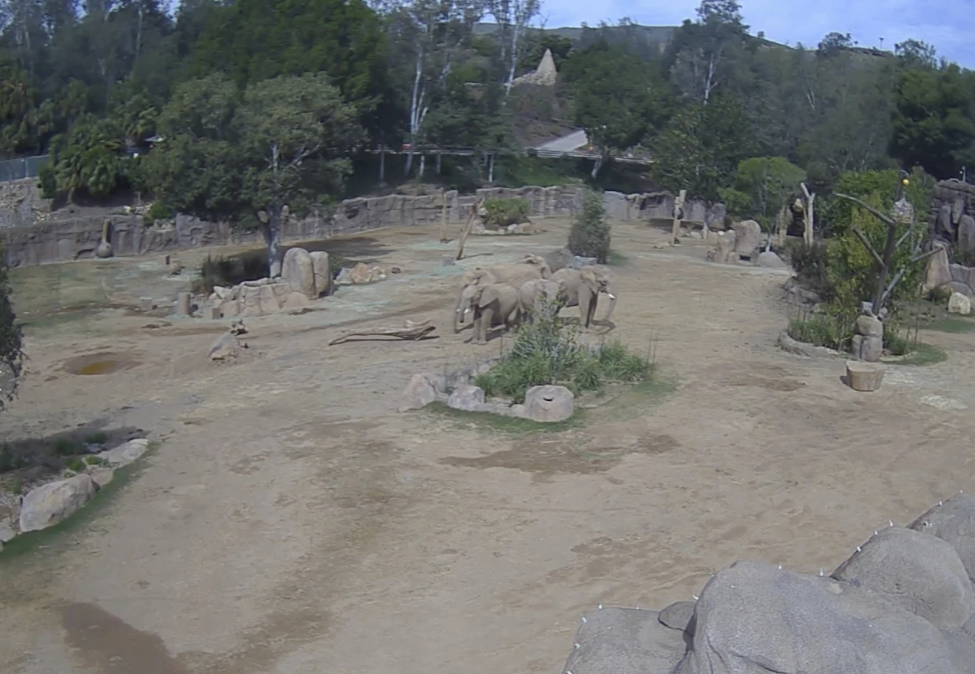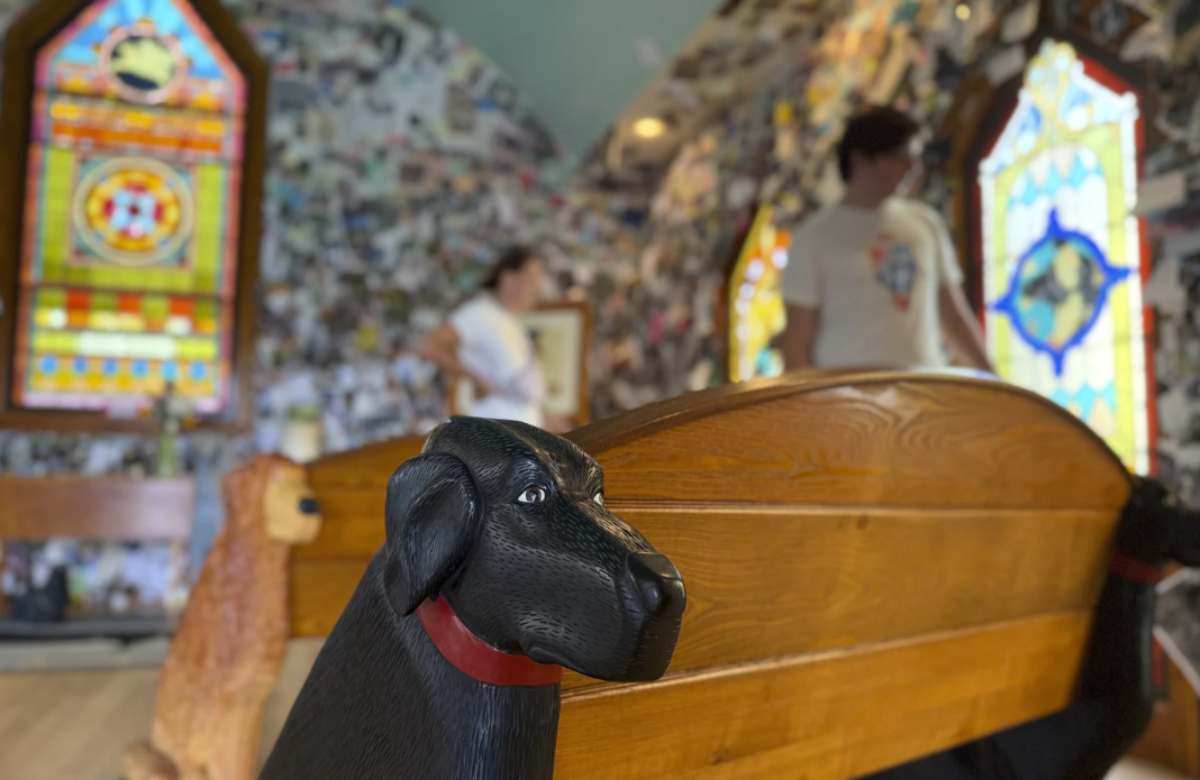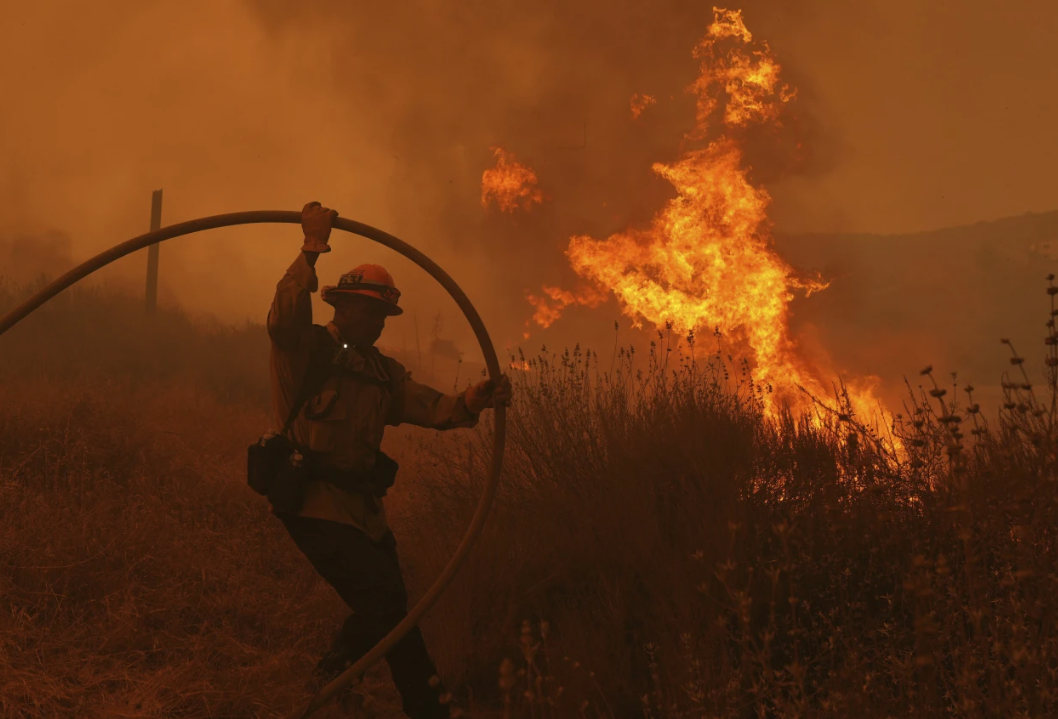During a 5.2-magnitude earthquake in Southern California, a herd of African elephants at the San Diego Zoo Safari Park instinctively came together to protect their young, showcasing the depth of their intelligence and strong family bonds.
Footage from the park on Monday morning captured the moment. The elephants were calmly gathered in the sun when the ground began to shake. As the camera trembled, the adult elephants — Ndlula, Umngani, and Khosi — quickly sprang into action, forming a protective circle around the two young calves, Zuli and Mkhaya. The older elephants remained in this defensive posture for several minutes, ears out and alert, even after the shaking subsided.
The earthquake was felt from San Diego to Los Angeles, around 120 miles away, and caused minor disruptions such as rockfalls and items falling off shelves in nearby Julian. Fortunately, there were no serious injuries or damage reported — but it clearly unsettled the animals.
According to Mindy Albright, the park’s curator of mammals, elephants are known for their social intelligence and can detect vibrations through their feet. In times of perceived danger, they instinctively form what’s known as an “alert circle,” positioning the young at the center while the adults face outward to guard against threats.
In the video, Mkhaya can be seen running to the center of the group, seeking comfort and protection. Zuli, the male calf, stayed near the edge of the circle, seemingly eager to prove his bravery. Khosi, a teenage female who helped raise him alongside his mother Ndlula, gently nudged and touched him with her trunk — on his back and even his face — reassuring him and encouraging him to stay closer to safety.
Albright explained that Zuli, still considered a baby, is treated with special care for now, but in a few years, he’ll transition to a bachelor group, as male elephants leave their family herds upon maturing. Female elephants, however, remain with their maternal groups for life.
“They did exactly what we as parents would do — protect our children,” Albright said.
Roughly an hour later, a smaller aftershock rattled the area. The elephants again formed their protective circle, briefly ensuring safety before calmly dispersing.















